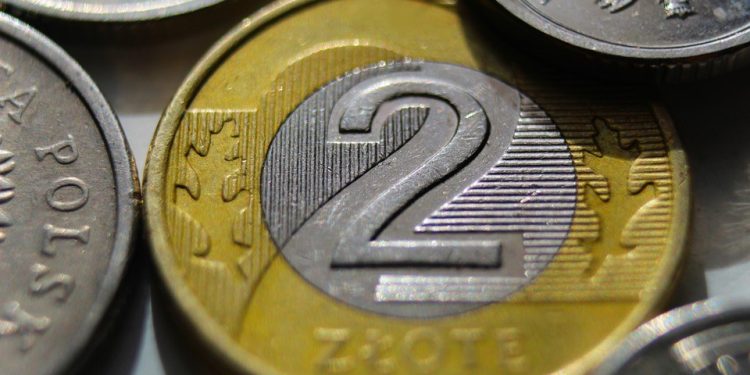The Path to Financial Freedom: Mastering the Art of Financial Discipline
Financial freedom is a goal that many people aspire to achieve. The ability to live comfortably without worrying about money is something that can provide immense peace of mind and a sense of security. However, achieving financial freedom requires discipline, dedication, and a willingness to make sacrifices in the short term for long-term gain. In this article, we will explore the key steps to mastering the art of financial discipline and setting yourself on the path to financial freedom.
Setting Financial Goals
The first step in achieving financial freedom is to set clear and realistic financial goals. Without a clear sense of what you are working towards, it can be easy to lose focus and motivation. Consider what financial freedom means to you – is it the ability to retire early, travel the world, or simply live comfortably without worrying about money? Once you have a clear vision of your financial goals, you can begin to develop a plan to achieve them.
Creating a Budget
One of the most important tools for mastering financial discipline is creating a budget. A budget helps you track your income and expenses, identify areas where you can cut back, and ensure that you are living within your means. When creating a budget, be sure to include all sources of income, as well as all expenses, including fixed costs like rent or mortgage payments, utilities, and insurance, as well as variable costs like groceries, entertainment, and transportation.
Tracking Spending
In addition to creating a budget, it is important to track your spending regularly. This means keeping a record of every dollar you spend, whether it is on a cup of coffee or a new pair of shoes. By tracking your spending, you can identify areas where you may be overspending and make adjustments accordingly. There are many tools available to help you track your spending, from budgeting apps to old-fashioned pen and paper.
Building an Emergency Fund
One of the key principles of financial discipline is being prepared for the unexpected. Building an emergency fund is essential to protecting yourself from unexpected expenses, such as medical bills, car repairs, or job loss. Aim to save at least three to six months’ worth of living expenses in your emergency fund, and keep it in a separate, easily accessible account.
Investing for the Future
Once you have mastered the art of financial discipline and built a solid financial foundation, it is time to start thinking about investing for the future. Investing can help you grow your wealth over time and achieve your long-term financial goals, such as retirement or buying a home. Consider working with a financial advisor to develop an investment strategy that aligns with your goals and risk tolerance.
Avoiding Debt
One of the biggest obstacles to achieving financial freedom is debt. High-interest debt, such as credit card debt or payday loans, can quickly spiral out of control and make it difficult to achieve your financial goals. Avoid taking on unnecessary debt, and work to pay off any existing debt as quickly as possible. Consider consolidating high-interest debt into a lower-interest loan or balance transfer to save money on interest.
Staying Motivated
Finally, staying motivated on the path to financial freedom can be challenging, especially when faced with unexpected expenses or setbacks. To stay motivated, remind yourself of your financial goals regularly, celebrate small victories along the way, and seek support from friends, family, or a financial advisor. Remember that achieving financial freedom is a journey, not a destination, and that every step you take brings you closer to your goal.
Conclusion
Mastering the art of financial discipline is essential to achieving financial freedom. By setting clear financial goals, creating a budget, tracking spending, building an emergency fund, investing for the future, avoiding debt, and staying motivated, you can set yourself on the path to financial freedom and live the life you have always dreamed of. Remember that financial discipline is a skill that can be learned and developed over time, and that every small step you take towards financial freedom brings you closer to achieving your goals.
Start your journey to financial freedom today by taking the first step towards mastering the art of financial discipline.


























































